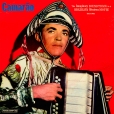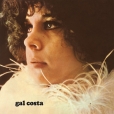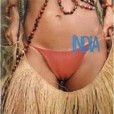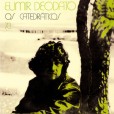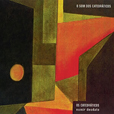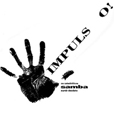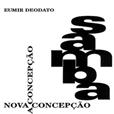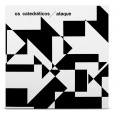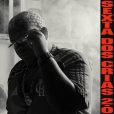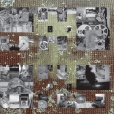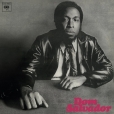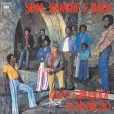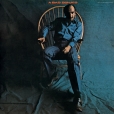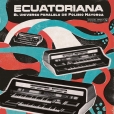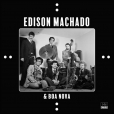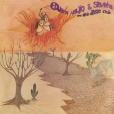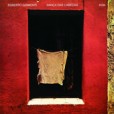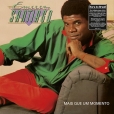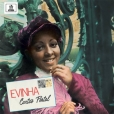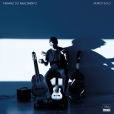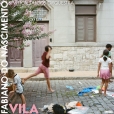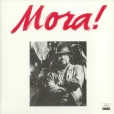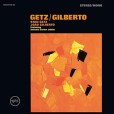Your basket is empty

Eumir Deodato and his group Os Catedráticos.
‘The magical, hazy sound of sixties Rio, with monster samba grooves, scorching organ solos and big brass arrangements (featuring trombonist Edson Maciel); all buoyed by the hip rhythms of drummer Wilson Das Neves and Ruebens Bassini on percussion. Besides Deodato’s own, there are compositions by Marcos Valle, Baden Powell and Luiz Bonfa.’
Mental baile future-funk.
Impossibly, round two ratchets through higher gears than round one. The cutting and scratching skills are brutally imperious, by turn eviscerating in split seconds a trembling flock of far-flung musical prey. Out of the wreckage looms the apotheosis of apocalyptic Techno Scratch terror; the ebulliently vengeful prophesy of forebears like Grand Wizzard Theodore and the Knights of the Turntable.
Blisteringly hot.
Astounding, deeply exploratory, previously unreleased work by the legendary Brazilian percussionist and composer.
A wild and unsettling collage, implacably original and startlingly intense — from the electroacoustic opener, which channels ancestral African inspirations into cosmogony, through the proto-mixtape Exemplo de Sintetizadores, which transitions from transcendental drones to astral cha-cha-chas, to a musical consideration of dripping water, in Suite Contagotas.
Djalma is best known for his studio work on benchmark albums, including numerous classics by Caetano Veloso, Gilberto Gil, and Jorge Ben, and for his own polyrhythmic opus Baiafro; and the finale here was first performed at the 1964 Nós, Por Exemplo concert, an event often cited as the inauguration of the Tropicalia movement. Djalma brings the electronics — medical oscillators, for example — to beef up his percussion. It’s eye-opening.
Corrêa called it ‘spontaneous music’; sonic adventures ranging audaciously across an array of genres, from jazz to deep funk to complete abstraction, all imbued with his signature DIY ethic.
Drawn from the original master-tapes, guided by Corrêa himself, just prior to his death.
Intriguing, immersive music. Dazzling, engrossing artwork, too.
Classic Brazilian boogie, from 1983; including a killer version of Tania Maria’s Come With Me — Vem Menina — and the dancefloor smash O Amigo De Nova York.
Her classic third LP, from 1971, originally released by Odeon Brazil.
‘Gems like Que Bandeira, composed by Marcos Valle, blending funk/soul and bossa/MPB; Esperar Prá Ver, co-written by her brother Renato Corrêa, with its stunning arrangement and an epic bassline that is hard to get out of your head; the archetypal samba soul of Só Quero; and vocal-driven groovy jams like Por Mera Coincidência and Rico Sem Dinheiro, spiced with celestial strings and heavy-duty drums and basslines.’
